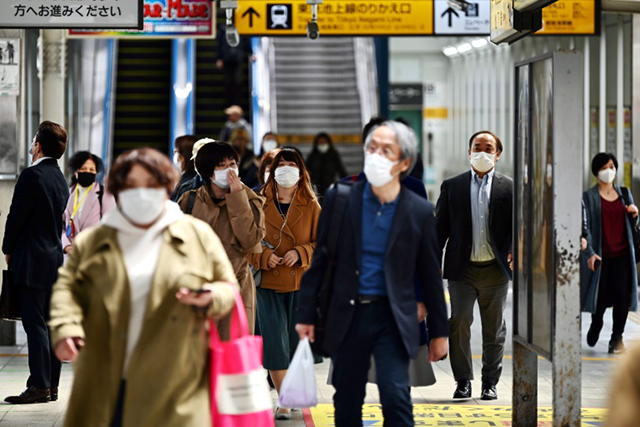You are here
Tokyo elects Yuriko Koike as first woman governor — exit polls
By AFP - Jul 31,2016 - Last updated at Jul 31,2016
TOKYO — Veteran politician Yuriko Koike was elected governor of Tokyo on Sunday, according to media exit polls, becoming the first woman to lead Japan's capital.
Public broadcaster NHK, Jiji Press and other media forecast Koike as the winner immediately after polls closed at 8pm (1100 GMT).
"I will lead Tokyo politics in an unprecedented manner, a Tokyo you have never seen," Koike, 64, told cheering supporters in a hoarse voice after two weeks of campaigning.
The election, contested by a record field of 21 candidates, was called after previous governor Yoichi Masuzoe resigned over a financial scandal. He was the second successive city leader to quit.
A key task for Koike will be dealing with Tokyo's troubled preparations for the 2020 summer Olympics, which have been plagued by a series of embarrassing scandals and soaring costs.
Euphoria in 2013 at securing the right to host sport's marquee event has given way to frustration over gaffes and scandals.
Despite the high number of candidates, the race was seen a three-way contest between Koike and two male candidates, a former prefectural governor and a television journalist.
Masuzoe's predecessor Naoki Inose — who had led the successful bid to win the Games — bowed out after becoming embroiled in a personal financial scandal.
Koike, a former TV anchorwoman, speaks fluent English and Arabic — the latter acquired as a student in Cairo — and has also served as defence minister and environment minister.
She has compared herself to Hillary Clinton and was once seen as having the best chance to be Japan's first female prime minister. But she was defeated when running in 2008 for leadership of the ruling Liberal Democratic Party.
Koike won the Tokyo election despite failing to obtain the LDP's backing. It spurned her for failing to seek its approval before announcing her candidacy.
Koike's four-year term will extend until just after the games start and her performance in the run-up will be closely watched.
A key challenge will be getting a grip on swelling costs, seen as possibly double or triple the reported original forecast of 730 billion yen ($6.92 billion).
The Tokyo Games have also been hit by one embarrassment after another.
Last year Prime Minister Shinzo Abe had to tear up blueprints for a new Olympic stadium because of ballooning costs, while organisers ditched the official logo after the designer was accused of plagiarism. A new one was solicited.
Such fiascoes, however, have since been overshadowed by allegations of corruption, and French prosecutors have launched an investigation into alleged bribes linked to Tokyo's bid. Organisers have denied wrongdoing.
Other key issues in the election were Tokyo's dire childcare shortage and overseeing disaster response plans and preparations due to perennial earthquake threats to the capital.
Related Articles
TOKYO — A newly reelected Japanese Prime Minister Shinzo Abe on Wednesday pledged increasing pressure on North Korea to force the nuclear-ar
TOKYO — Japanese Prime Minister Shinzo Abe swept to a resounding victory in a snap election Sunday and immediately vowed to "deal firmly" wi
TOKYO — Japan on Tuesday declared a state of emergency over a spike in coronavirus cases, ramping up efforts to contain infections but stopp



















